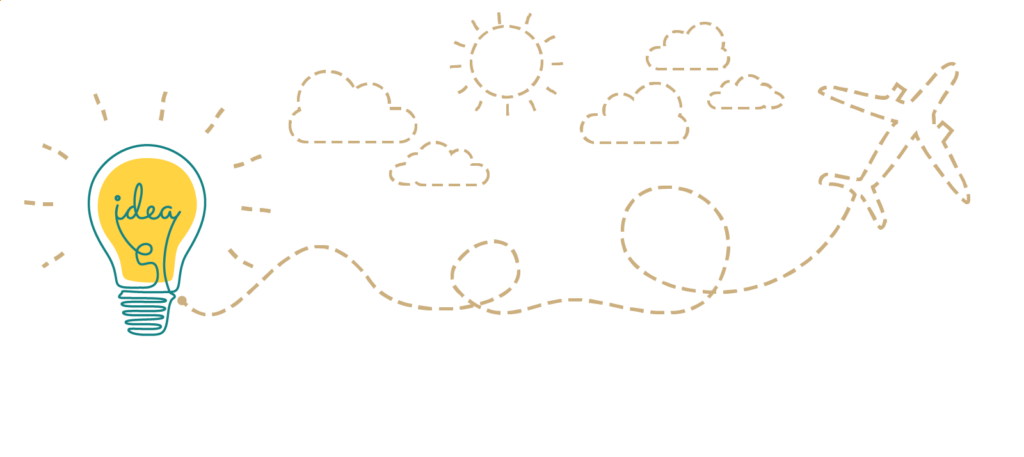To learn more about the strategies that organizations have implemented to support participants with disabilities in experiential exchange programs, National Clearinghouse on Disability and Exchange staff caught up with IREX, the implementing organization for the State Department-sponsored Young African Leaders Mandela Washington Fellowships program, to get a sense of what diversity and inclusion looks like for them.
What motivates you to welcome Persons with Disabilities (PWDs) on the Mandela Washington Fellowship?
In general, IREX is devoted to promoting more just, prosperous, and inclusive societies around the world, and supporting the full participation of people with disabilities in all our program activities is fundamental to fulfilling this mission. IREX strives to strengthen our own knowledge of best practices in universal design and reasonable accommodations from program inception to execution. In terms of the Mandela Fellowship specifically, our disability inclusion focus meshes with the DEIA priority of the U.S. State Department, our program sponsor.
The Mandela Washington Fellowship has been a tremendous opportunity for our team to refine best practices and develop new strategies to support Fellows, because of the size and scope of the program, as well as the consistently high percentage of Fellows who request accommodations (4.5% per year or more than 260 since the inception of the Fellowship in 2014).
How do you accommodate fellows with disabilities?
IREX has worked closely with the U.S. State Department’s Bureau of Educational and Cultural Affairs, to encourage people with disabilities to apply to the Fellowship by sharing clear guidance on what ‘accommodations’ are available through the program. Providing specific examples is useful to helping potential applicants know what to expect and understand that we are serious about working to meet their needs. We approach each Fellow as an individual to determine what accommodations are best, knowing there is no one size fits all answer. We have a great deal of experience providing interpretation, mobility and orientation training, accessibility equipment, and other services to our Fellows as appropriate.
Part of this also involves working with the educational institutions who host Mandela Washington Fellows at their six-week Leadership Institutes. To prepare Institute Partners to best support Fellows with disabilities, the annual Institute Partner Retreat includes a session on Disability Inclusion that familiarizes Institute staff with their role in arranging accommodations and offers best practices and case studies for supporting complex Fellow needs. We’ve created a guidance document, “Hosting Fellows with Disabilities”, that outlines both Partners’ roles in the accommodations process and the ways in which the Fellowship Team supports partners in hosting Fellows with disabilities. Furthermore, the “Disability Sensitization Guidelines” and “Disability Inclusion Checklist” both provide practical guidance to ensure that the Institute is fully accessible to Fellows with disabilities.
Once Fellows with disabilities are selected for the Fellowship, they receive a detailed questionnaire, developed in consultation with MIUSA, that identifies their individual accommodations needs. Questionnaires are customized based on the fellow’s disability and may cover considerations for vision, hearing, mobility, and medical disabilities. The Fellowship Team then schedules individual calls with each Fellow to give them the opportunity to ask questions about the support they will receive, clarify any accommodations needs, and set clear expectations for their Institute experience. Using the information from the questionnaire and calls, the Fellowship Team collaborate closely with Institute Partners and external vendors to confirm all accommodations arrangements, including but not limited to ADA-compliant housing and transportation, CART and ASL interpretation, laptops with screen reader software, rental wheelchairs and mobility scooters, or orientation and mobility training so everything is in place before Fellows arrive to the United States. For Fellows who are Deaf or hard of hearing, the Fellowship Team will also partner with Gallaudet University to provide a virtual ASL toolkit and in-person ASL training prior to the start of Institutes.
After they arrive, all Fellows with disabilities receive two surveys asking whether they are able to fully participate in their Institutes with their current accommodations. If any adjustments are needed, the Fellowship Team will follow up with Fellows, Institute staff, and vendors to make necessary adjustments. ■
To learn more about the Mandela Washington Fellowships visit, https://www.irex.org/project/mandela-washington-fellowship-young-african-leaders
This best practice is part of Experiential Exchanges AWAY: People with Disabilities Expand the Definition of International Exchange, continue reading the publication.

